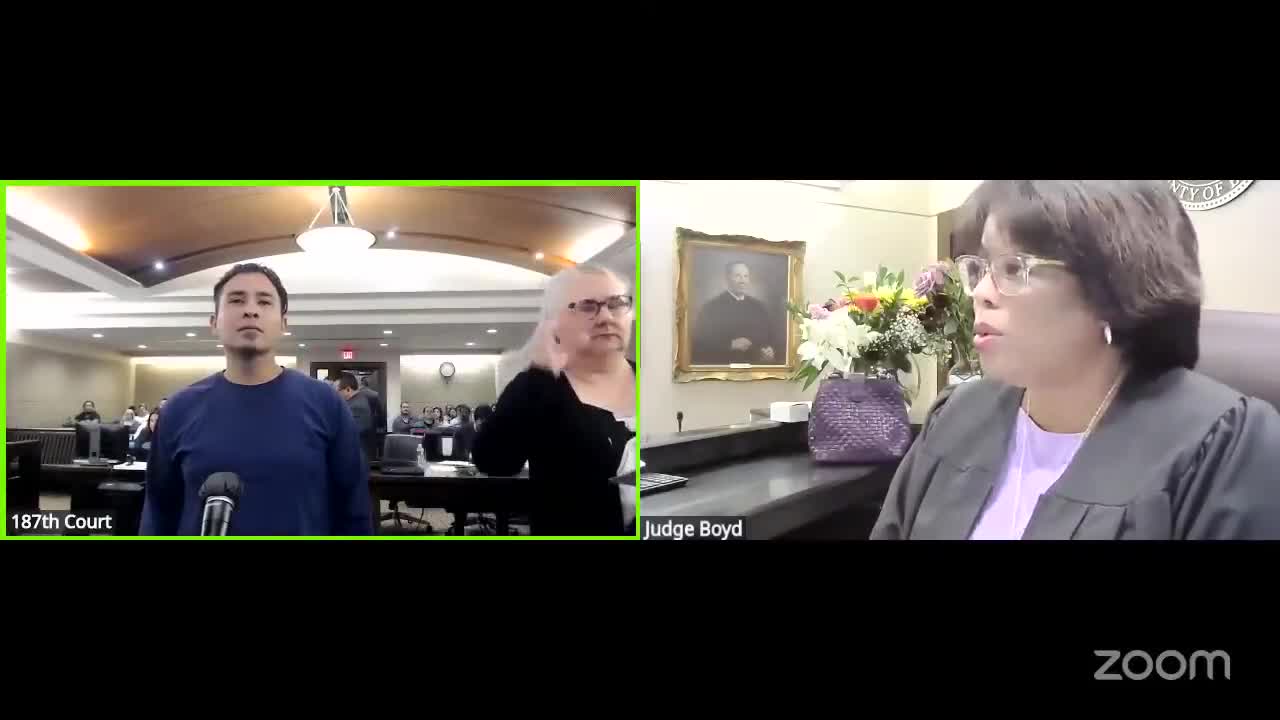Article not found
This article is no longer available. But don't worry—we've gathered other articles that discuss the same topic.
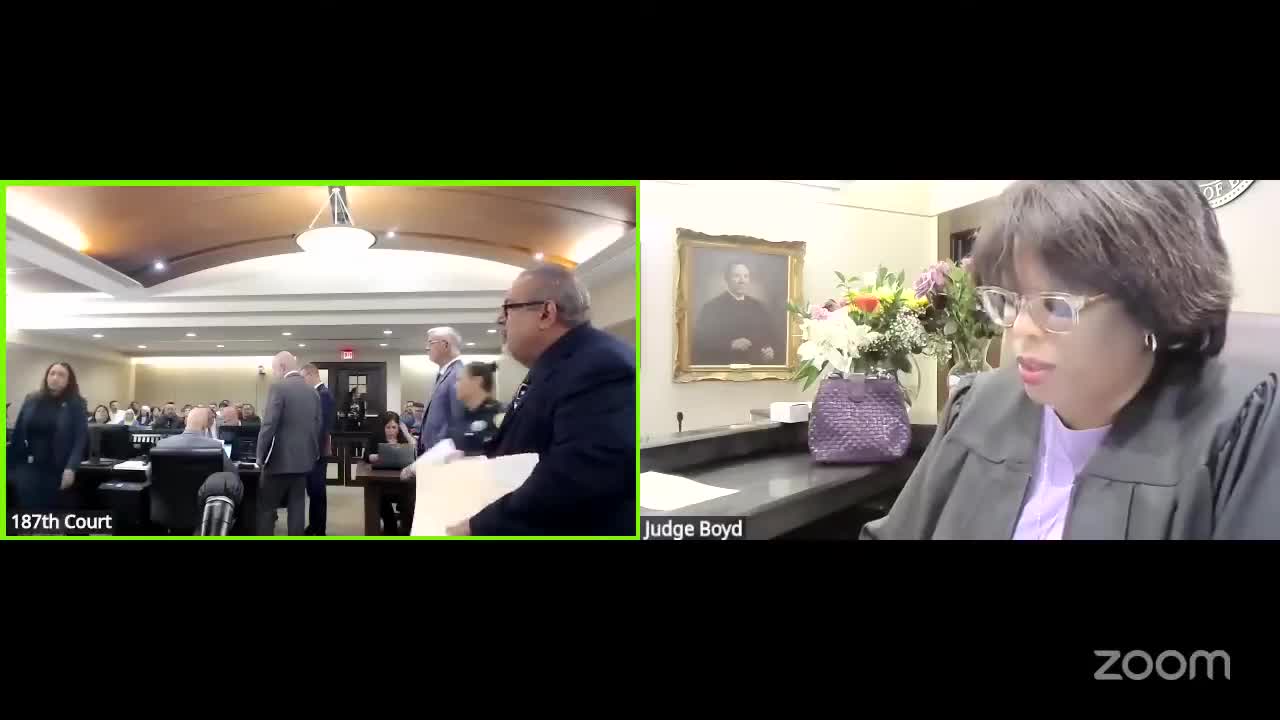
Judge orders remand without bond after defendant fails to appear; state sought bond forfeiture
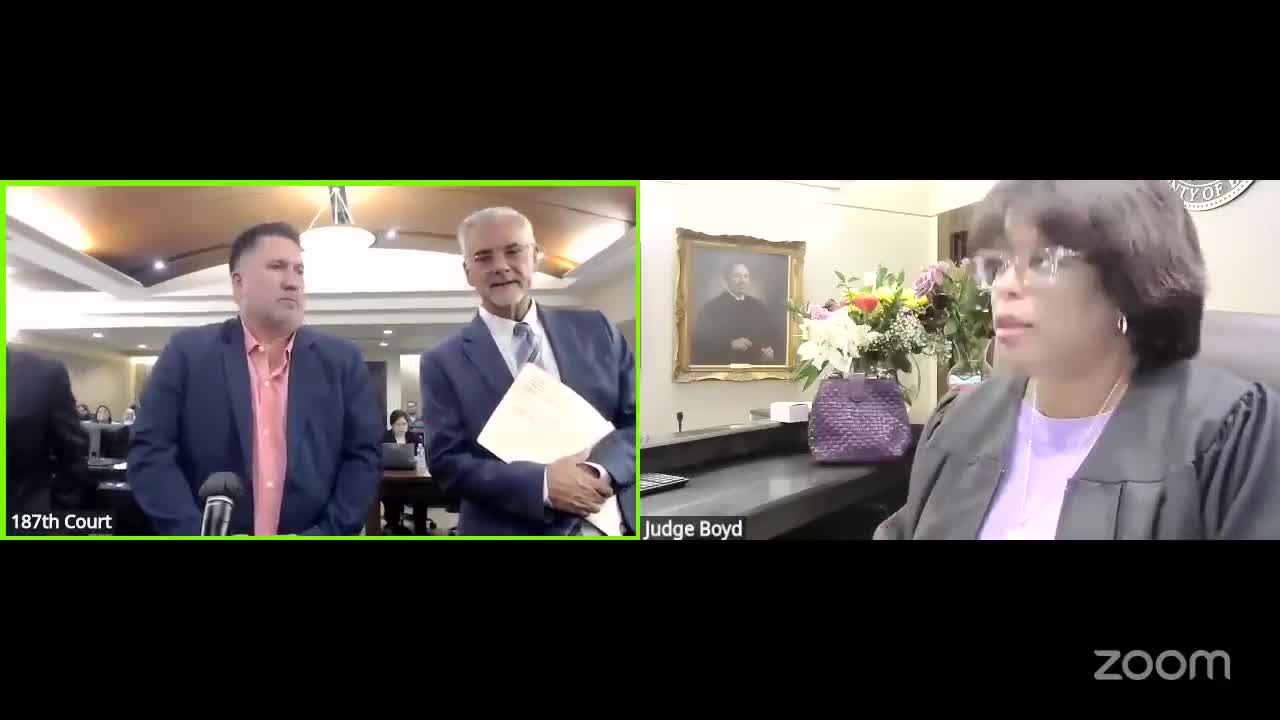
Court pushes discovery and subpoenas after limited responses; juvenile records issue directed to juvenile court
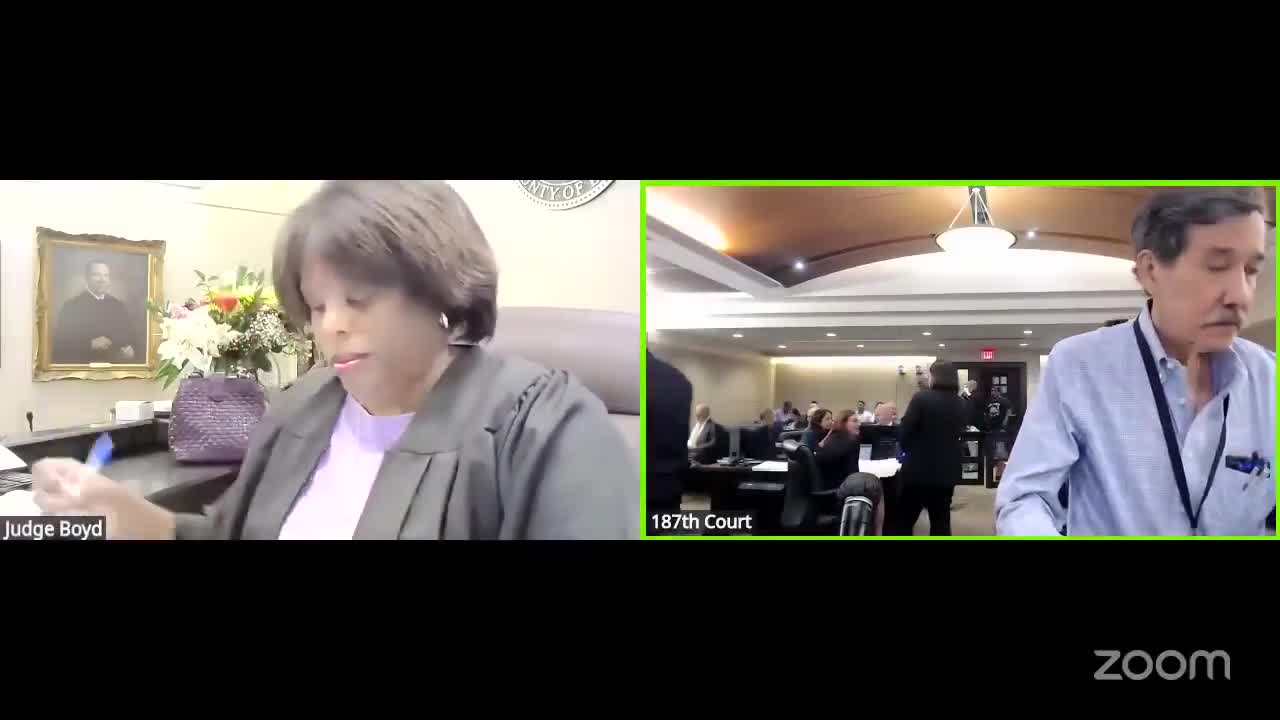
Court amends conditions, orders portable alcohol monitor instead of ignition interlock
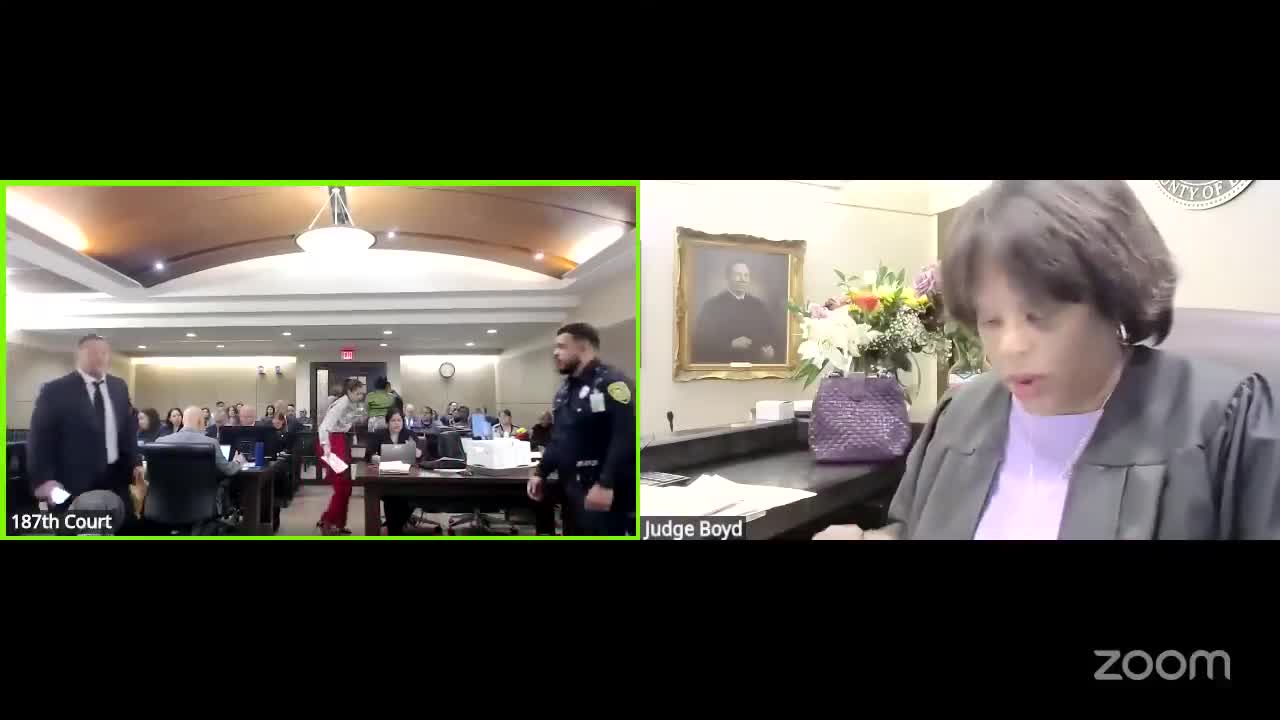
Court accepts deferred-adjudication plea, orders treatment and conditions for defendant
